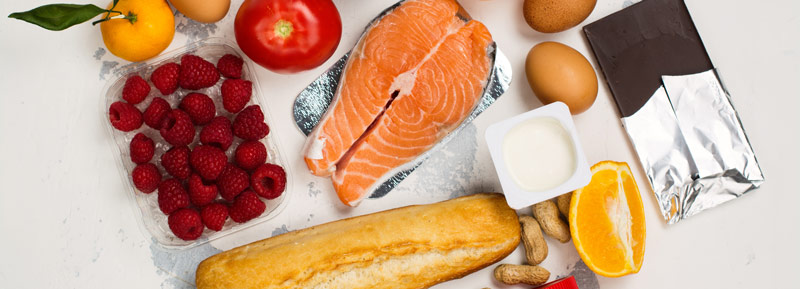Dishing up a sustainable future

The issue of climate change and the call for action is making unprecedented headlines around the world.
The hospitality sector is not immune from this pressure to act and reduce its entire waste footprint, from energy and packaging, to food and deliveries.
Sustainability is not simply about swapping plastic straws for paper ones though; it needs to run through the DNA of the entire business. And the changes don’t have to be big to have an impact, it’s the small incremental changes that, when added together, have a positive effect.
Taking food waste as an example, the total amount of avoidable food wasted in the UK every year from the hospitality sector is one million tonnes (source: WRAP). In total, businesses throw away food worth an estimated £5bn –a significant sum of money to be literally chucking in the dustbin.
And let’s not forget that leading the sustainability march is the influential Generation Z, aged up to 24 years old. That’s the same Gen Z that makes up a large proportion of the hospitality industry’s front line workforce. By giving them the right tools, you are empowering them to deliver the company’s sustainability targets and win their hearts and minds at the same time. Highly engaged employees are 87% less likely to leave their companies than their less engaged counterparts (Source: Corporate Leadership Council).
Stock, recipe and menu management is the simplest – and arguably the best – way to reduce food waste, food miles and food packaging. And this is where technology comes into its own.
Through a complete stock and menu management system, operators can produce creative, comprehensive and accurately costed menus as well as store, manipulate and utilise critical information including ingredients, allergens, prices, recipes and supplier details.
Using a Menu Management tool to control the portion size, ingredients and cost of a dish, doesn’t just make sense from a commercial perspective, but makes an invaluable contribution to sustainability objectives too. Menu composition analysis, based on actual historical sales data to forecast the volumes, revenue and profitability of a planned menu becomes easy. But best of all, when this information is hooked up to your purchasing platform you can move from ordering ‘Just in Case’ to ‘Just in Time’. Optimising stock holding and automatically avoiding costly and, more importantly, wasteful over ordering becomes a piece of cake.
Put simply, the more accurately you can plan and forecast your menu performance, the more accurately you can order. Not ending up with superfluous perishable goods is a sure fire way of avoiding waste.
A truly integrated system also saves hours, with a single point of data entry which will then flow through recipes, menus, stocks and EPoS, to purchasing and invoice reconciliation. Change data once and it updates everywhere, giving everyone the real time, accurate information they need to optimise their operation and minimise their waste – instantly.
This in turn gives the power and confidence to adapt and react rapidly to market conditions and changing customer demands. Switching an ingredient or dish on a menu, for instance to make use of seasonal or more locally sourced ingredients, becomes an operational reality, not just an ambition. In a few clicks of a mouse , it moves it from the ‘nice to have but too difficult’ pile to ‘no brainer’. And once again, the commercial needs of the business and the sustainability expectations of both customers and staff alike are fulfilled.
I saw evidence of this in action on a menu recently, where a high street casual dining brand was offering smaller plates, for smaller appetites. There wasn’t much of a cost incentive, so the margins were going to be very good, wastage would be reduced, and the customer would have their needs better met.
For hospitality it’s never been easier to contribute meaningfully to sustainability targets by using readily available tech with common sense and a commitment to make a difference – on every level.
This kind of smart approach will not only contribute to financial targets, but will enhance ethical credentials too – essential for building brand loyalty and earning confidence, respect and credibility with employees, customers and investors alike.
By Zonal’s director of online commerce, Helen McMillan


